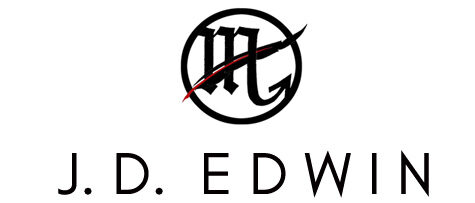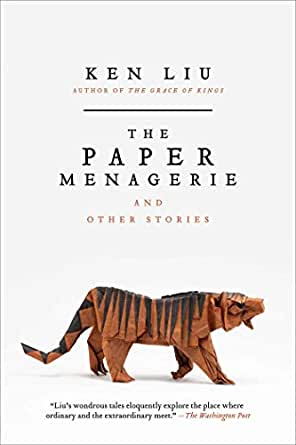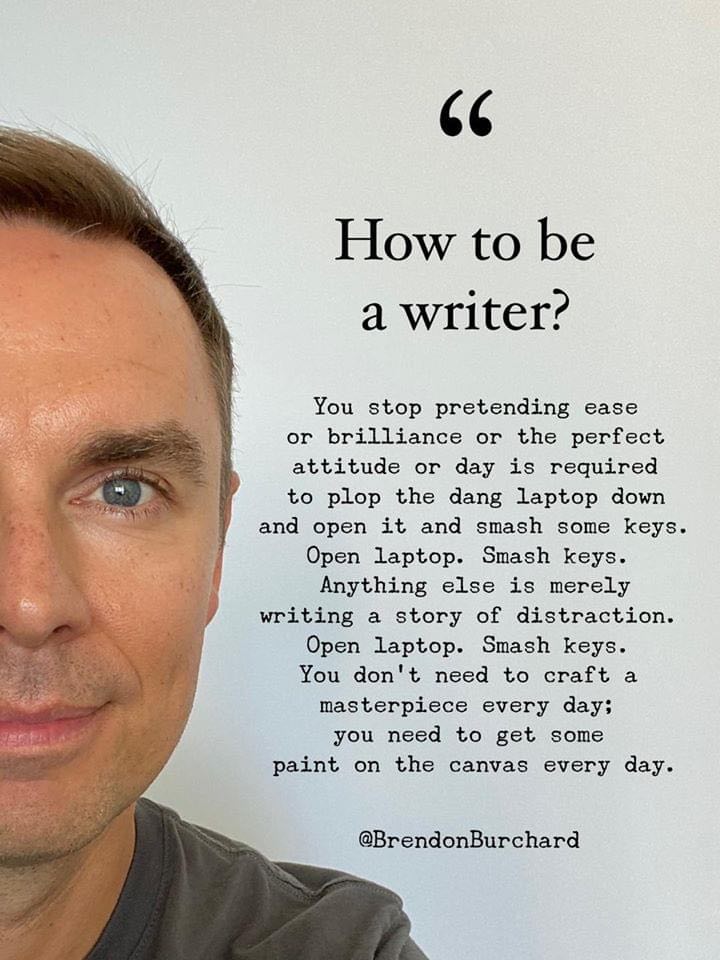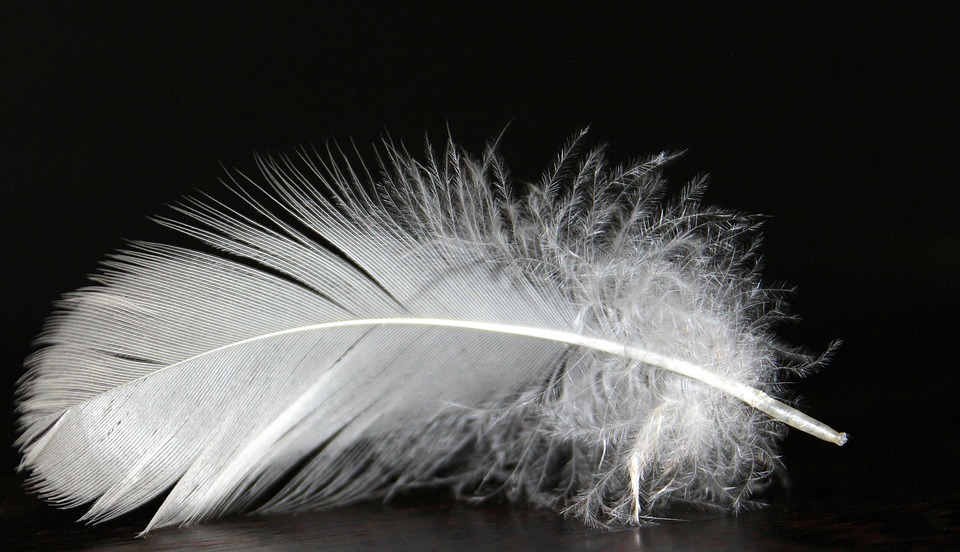
At age 15 I envisioned myself as the next Stephen King. I wrote self-indulgent stories that were short on plot and long on gore. I would be the next horror master by 20, I told myself. I couldn’t call myself a writer unless that happened.
At age 25 I self-published my first novel. I thought by simply putting it on Amazon, it would blow up and I would become an overnight sensation. I would be a best-selling novelist by 30, I told myself. I couldn’t call myself a writer unless that happened.
I’m 35 now.
I’ve published nearly three dozen short stories. I write articles on writing. I’ve written another novel (a better one) and am seeking representation for it. I work a day job that pays the bills. I’m not the next Stephen King or a best-selling author.
And yet, I finally call myself a writer.
You see, being a real, proper writer turned out differently than I imagined. I used to think that to be a writer, you had to be published, and recognized, and have millions of fans and be a household name. Your book had to be on the New York Times Best-Sellers list.
All of those dreams and expectations created a nearly impossible bar to pass. Not only that, it often paralyzed me with fear that writing was not worth it because I may never reach that dream. As the years passed, I’ve learned that the big names in writing were far and few. It didn’t mean that it couldn’t one day be me, but those things did not make me a writer.
Writer write. It was as simple as that.
And so the goal I achieved of being a writer had turned out differently than what I imagined. Being a writer turned out to be a little less glamorous and a lot more hard work. Rather than signing books for a line of eager fans, I write a story or article, share it, take a breather, then write another. I’m not famous, but I’m writing everyday.
Sometimes what you dream of and what you achieve don’t entirely match up. The dreams you had don’t take away what you’ve accomplished, and sometimes it’s easy to forget that. It’s okay to redefine your dreams and change your goals, so long as you’re going forward.
Ultimately, I’d come to realize that what I needed was not the fame or fortune, but the confidence to call myself that title – writer, author. Until I actually get my name next to the great authors of our generation, I’ll happily keep on writing.









